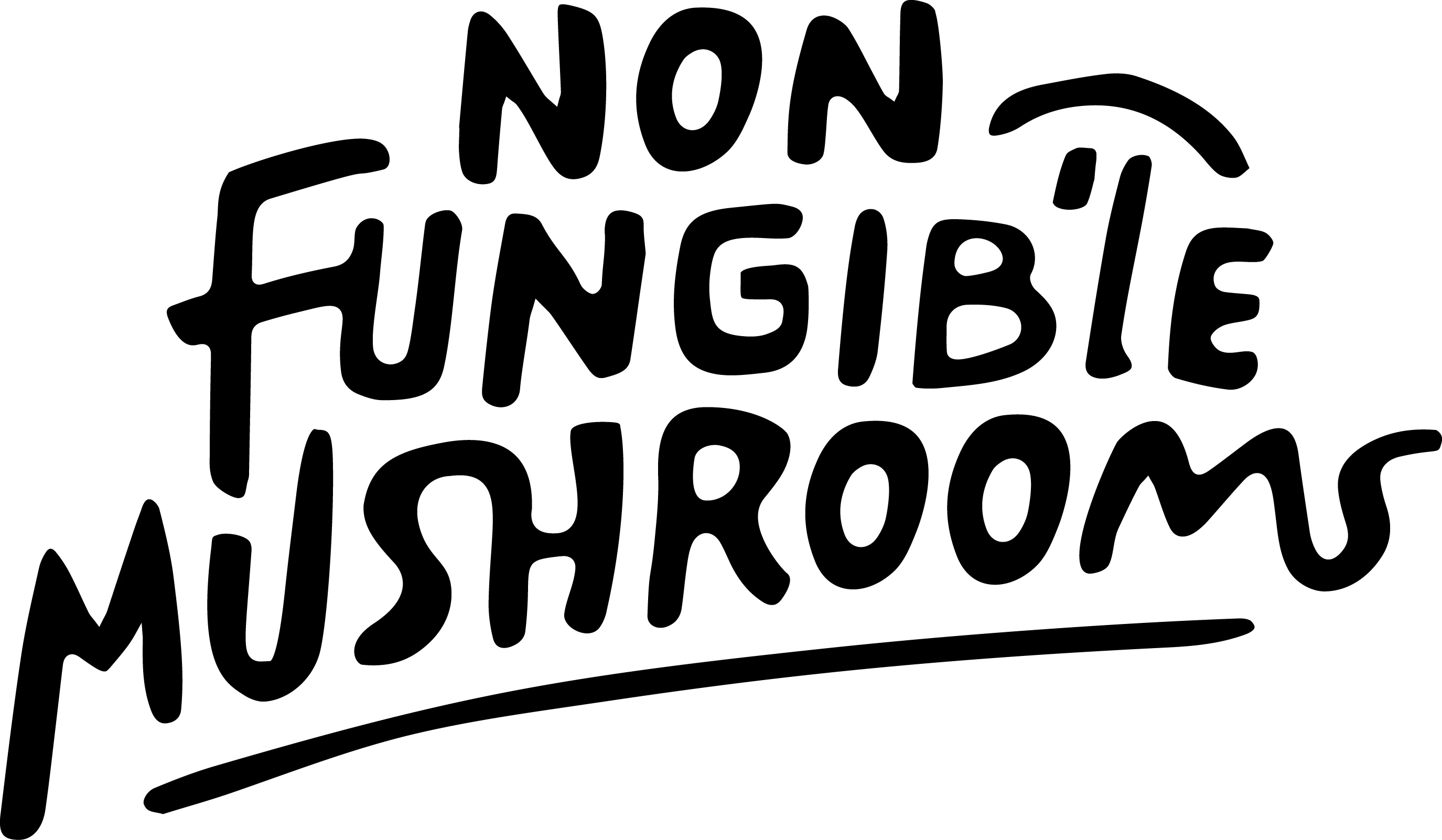For centuries, mushrooms have held a special place in various cultures, not just as culinary delights, but also for their perceived medicinal properties. Now, modern science is catching up, with a growing body of research exploring the potential benefits of these fascinating fungi.
Mushrooms boast a unique profile of bioactive compounds, including beta-glucans, cordycepin, triterpenes, hericenones, and erinacines, each believed to contribute to various health benefits. But how do we unlock these hidden treasures within the mushroom kingdom? Enter the two main contenders: tinctures and powders. Let's delve deeper into the world of medicinal mushroom extracts and explore which form might be the ideal choice for you.
Cracking the Chitin Code: Unlocking the Power Within
Before diving into tinctures and powders, it's crucial to understand a key obstacle – chitin. This complex sugar forms the cell walls of mushrooms, making it difficult for our bodies to break down and access the beneficial compounds within. This is where the extraction process comes in – a crucial step to unlock the full potential of medicinal mushrooms.
Unveiling the Powerhouse Duo: Tinctures vs Extract Powders
So, what exactly are tinctures and extract powders? Let's break them down(pun intended):
- Tinctures: These are liquid extracts made by steeping dried mushrooms in a solvent, typically alcohol, water, or a combination of both. This process concentrates the bioactive compounds, making them readily bioavailable for our bodies to absorb.
- Extract Powders: These are concentrated powders created by extracting the active compounds from dried mushrooms using solvents or water. The resulting liquid extract is then dried and turned into a fine powder.
Understanding The Extraction Process
Understanding the extraction process is key to appreciating the benefits of tinctures and extract powders. Here's a breakdown:
- Making the Magic Happen: The extraction process involves grinding dried mushrooms into a fine powder. This increases the surface area, facilitating better solvent penetration and extraction of the desired compounds.
- Single vs. Dual Extraction: There are two main extraction methods: single and dual extraction. Single extraction utilizes just one solvent, while dual extraction utilizes two or more solvents to target a wider range of bioactive compounds. The chosen solvent (alcohol, water, or a combination) depends on the specific mushroom species and the desired compounds for extraction.
A Spectrum of Benefits: Different mushroom species possess unique profiles of bioactive compounds. The extraction process isolates and concentrates these compounds, offering a potent way to experience their diverse health benefits. The extract powders offer a concentrated and versatile advantage for the users. Extract powders offer a convenient and concentrated way to consume medicinal mushrooms. From the ground up making these extract powders involves the extraction process described above. After extracting the desired compounds, the liquid extract is then carefully dried using techniques like spray drying or freeze drying, resulting in a fine powder.
Weighing the Pros and Cons: Extract powders offer several advantages:
- Concentration: They are typically more concentrated than whole mushroom powders, making them a potent source of bioactive compounds.
- Convenience: They are easy to dose and can be easily incorporated into smoothies, yogurt, or even encapsulated for on-the-go convenience.
- The Great Powder Debate: While concentrated, extract powders may not capture the full spectrum of compounds naturally present in whole mushrooms. Whole mushroom powders, on the other hand, offer a more holistic approach, providing a wider range of nutrients and potentially beneficial compounds beyond those targeted in the extraction process.
- Quality Counts: Choosing high-quality extract powders is crucial. Look for reputable brands that use organic, sustainably sourced mushrooms and prioritize guaranteed beta-glucan content, a key marker of potency in many medicinal mushrooms.
Tinctures: The Traditional Powerhouse
Tinctures are a time-tested method of harnessing the power of medicinal plants and mushrooms. Here's what makes them stand out:
- A Timeless Technique: Traditional tincture preparation involves steeping dried mushrooms in a solvent like alcohol or a water-based solution. Over time, the solvent extracts the desired bioactive compounds from the mushrooms.
- The Chitin Challenge: With mushrooms, a double extraction is often necessary. Alcohol is a great solvent for extracting many desirable compounds, but it struggles with chitin. Water-based extractions can target water-soluble compounds not extracted by alcohol.
- Liquid Gold: Tinctures offer several advantages
- Bioavailability: Alcohol-based tinctures are generally well-absorbed by the body, making the extracted compounds readily available.
- Long Shelf Life: When stored properly, tinctures have a long shelf life, making them a good option for those who prefer a less perishable form.
- Easy Dosing: Tinctures come with convenient dropper applicators, allowing for easy and precise dosing.
- Flavor Factor: For some, the taste of powdered mushrooms can be a drawback. Tinctures, depending on the solvent used, can offer a more palatable option.
However, there are also some considerations for tinctures:
- Alcohol Content: While some prefer the efficiency of alcohol extraction, some may not want to consume alcohol for various reasons. Water-based options are available, but they might not be as potent.
- Travel Restrictions: Alcohol-based tinctures might be restricted in certain situations, such as travel or workplace policies.
Using Your Mushroom Might: How to Get the Most Out of Powders and Tinctures
Now that we've explored the world of mushroom extracts, let's get practical! Here are some tips for using mushroom extract powders and whole mushroom powders:
- Powder Power: Whole mushroom powders can be added to soups, stews, smoothies, or even baked goods. Start with a small amount and gradually increase as needed to adjust the taste and desired dosage.
- Extract Power Dosing: Extract powders are typically more concentrated, so smaller doses are usually sufficient. Always follow the dosage recommendations on the product label and consult with your healthcare provider before starting any new supplement regimen.
For both tinctures and powders:
- Storage is Key: Store your mushroom extracts in a cool, dark place away from direct sunlight to preserve their potency.
- Listen to Your Body: Pay attention to how you feel after consuming your chosen extract. Start with a low dose and gradually increase as needed.
Quality Matters: Choosing the Right Mushroom Supplement
With a wide variety of mushroom supplements available, choosing high-quality products is crucial. Here are some factors to consider:
- Source Matters: Look for brands that use organic, sustainably sourced mushrooms. This ensures the purity and potency of the extracts.
- The Full Picture: While extract powders offer concentrated potency, consider whole mushroom powders if you want the full spectrum of naturally occurring compounds.
- Beta-Glucan Bonanza: For many medicinal mushrooms, beta-glucans are key bioactive compounds. Look for brands that guarantee a minimum beta-glucan content, indicating a high-quality extraction process.
Mushroom Extract vs Powder: A Personal Choice & Lifestyle Fit
Ultimately, the choice between tinctures, extract powders, and whole mushroom powders comes down to personal preference and lifestyle.
- Taste and Convenience: If convenience and ease of dosing are priorities, extract powders or tinctures might be the better choice. Tinctures can also be a good option if you dislike the taste of powdered mushrooms.
- Lifestyle Considerations: For those who prefer alcohol-free options, water-based tinctures or whole mushroom powders are the way to go. If travel regulations limit your options, consider non-alcoholic mushroom extracts or whole mushroom powders.
- The Full Spectrum: If a more holistic approach with a wider range of naturally occurring compounds is appealing, whole mushroom powders might be the preferred choice.
Conclusion: Unveiling the Power Within
The exciting world of medicinal mushrooms offers a wealth of potential health benefits. By understanding the differences between tinctures and extract powders, you can choose the form that best suits your needs and preferences. Explore the options, prioritize quality, and embark on a journey of unlocking the power within these fascinating fungi! With the right approach, you might just experience the fantastic health benefits that medicinal mushrooms have to offer.



